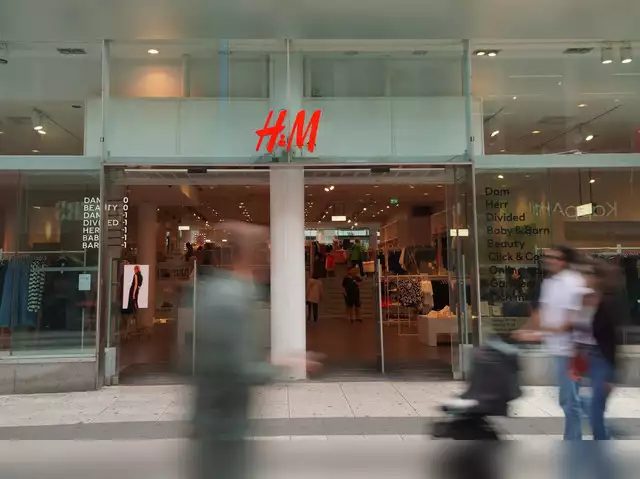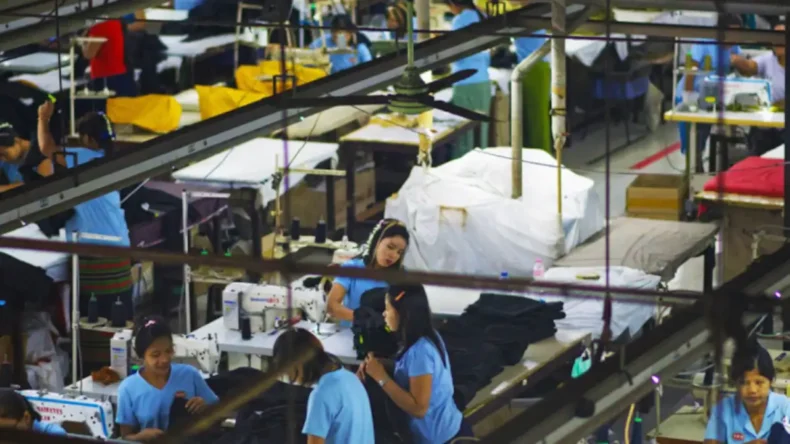
Mega clothing retailer H&M is looking into 20 cases of alleged labour abuse at garment factories in Myanmar that supply it. This is on the heels of competitor Zara’s parent company Inditex saying it plans to reduce supply from Myanmar.
A human rights advocacy organisation based in Britain investigated 156 instances of worker abuse at 124 different Myanmar garment factories from Februrary 2022 to February 2024, an increase of over 175% since last year, purportedly due to more violations against workers’ rights because of the 2021 junta coup which caused a national humanitarian crisis.
The BHRRC report–a reckoning for fast fashion
According to Reuters, the NGO which is called called Business and Human Rights Resource Centre (BHRRC) says in its report that the most commonly cited accusations were related to decreased wages and instances of wage theft. Following closely were complaints regarding unjustified termination, excessively demanding work paces, and compulsory overtime.
Post the release of the BHRRC report, H&M stated in a release that they are actively pursuing all the incidents highlighted in it. They are addressing these issues through their local team present on-site and working closely with pertinent parties to provide appropriate remedies.
The BHRRC utilized sources like union leaders, global media outlets, and local sources such as Myanmar Labour News to monitor instances of reported misconduct. They validated these accounts by cross-referencing with brands and conducting worker interviews.
Within the span of two years, the report indicates 21 instances of alleged misconduct linked to suppliers of Inditex and 20 linked to H&M. Inditex chose not to provide any commentary on the report.
Efforts to obtain comments from a spokesperson for Myanmar’s military government yielded no response regarding the findings. Similarly, the Myanmar Garment Manufacturing Association did not provide a response to inquiries.
What brands like H&M are doing
H&M’s probe follows the actions taken by Primark and Marks & Spencer in the preceding year. However, this trend has raised concerns that it could ultimately have negative repercussions for garment workers.
Primark expressed that discontinuing sourcing from Myanmar was a ‘very difficult’ decision. The company anticipates receiving its final orders from Myanmar suppliers by the end of this year. In response, Primark has expanded its presence on the ground, increasing the size of its Ethical Trade team to facilitate more frequent factory visits and enhance oversight.
Other brands that have chosen to continue sourcing from Myanmar have escalated their monitoring of suppliers by establishing field offices in the country to conduct their own inspections rather than relying solely on external audits.
According to a survey conducted by the BHRRC, Danish fashion company Bestseller has expanded its on-site staff from three to eleven since the coup.
The future of garment factories
H&M and Bestseller are among the 18 brands participating in the European Union-funded MADE project, which aims to enhance labor conditions in Myanmar’s garment factories.
The European Union’s perspective is that companies should persist in sourcing garments from Myanmar, as the industry serves as a significant employer, encompassing over 500 factories that manufacture clothing and footwear for major brands, but emphasizes companies engaging in dialogues with local labor rights groups and trade unions regarding wages and working conditions possess a form of influence.
Vicky Bowman, former British ambassador to Myanmar and director of the Myanmar Centre for Responsible Business, noted that the international brands under pressure to cease purchasing from Myanmar are also the ones most likely to offer stable employment and take extra measures to prevent rights violations.
More reports of and responses to the supply chain problem in clothing retailers arise as the conversation around the ‘real cost’ of fast-fashion deepens.













